Stem Cell Therapy for Autism in Mexico: A Complete Guide for Canadian Parents
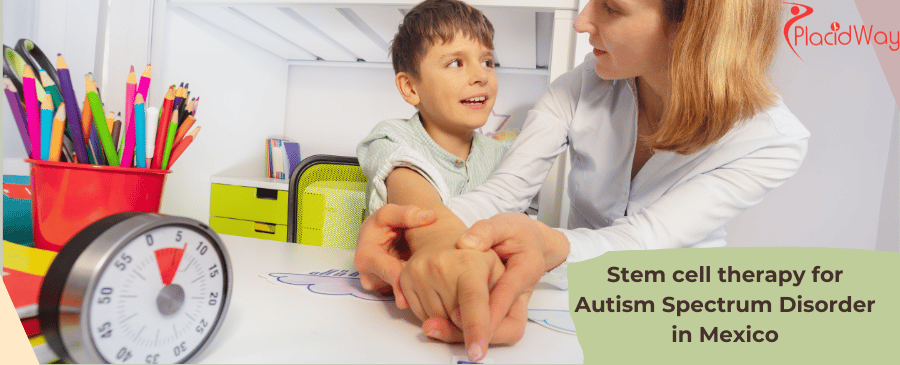
For Canadian parents of children with Autism Spectrum Disorder (ASD), the journey is one of deep love, advocacy, and a constant search for therapies that can help their child thrive. Canada provides excellent supportive care, such as Applied Behavior Analysis (ABA) and speech therapy, but many families are still looking for biomedical interventions that can address the core biological underpinnings of ASD. This search for hope and innovation is leading a growing number of Canadians to explore stem cell therapy for autism in Mexico, a country at the forefront of medical tourism for regenerative medicine.
The decision to travel for medical treatment is significant, filled with questions of safety, effectiveness, and hope. What exactly is this therapy, and could it truly make a difference for a child with autism? Unlike behavioral therapies, stem cell therapy is a medical procedure that targets the underlying neuroinflammatory and immune dysregulation processes believed to be associated with ASD in many individuals. The goal is not to "cure" autism, but to potentially alleviate core symptoms like social communication challenges, repetitive behaviors, and anxiety, thereby improving the child's ability to engage with the world and benefit from traditional therapies. This comprehensive guide will answer the pressing questions Canadian parents have about the safety, efficacy, and reality of pursuing autism treatment in Mexico.
What is Stem Cell Therapy and How Does It Theoretically Work for Autism?
Autism Spectrum Disorder is a complex neurodevelopmental condition. Emerging research suggests that a significant subset of individuals with ASD have underlying issues with immune system dysfunction and chronic inflammation in both the gut and the brain (neuroinflammation). This inflammation can disrupt normal brain development, impairing the connections between nerve cells.
Stem cell therapy intervenes in this process in two primary ways:
- Immune System Regulation: The therapy primarily uses Mesenchymal Stem Cells (MSCs), which are known as the body's great regulators. When introduced into the body, they can help "re-balance" a dysfunctional immune system, telling overactive immune cells to calm down. This reduces the source of the inflammation.
- Reducing Neuroinflammation: By calming the systemic immune response, fewer inflammatory messengers cross into the brain. Furthermore, MSCs can travel to the brain and release powerful anti-inflammatory molecules directly at the site of inflammation. This creates a healthier, more stable environment for brain cells (neurons) to function and communicate more effectively.
Think of it like tending to a garden. If the soil (the brain environment) is inflamed and unhealthy, the plants (neurons) can't grow properly. Stem cell therapy aims to improve the quality of the soil, giving the neurons the best possible chance to form healthy connections and function as they should.
Is Stem Cell Therapy a Cure for Autism?
This is the most important question to address, and the answer requires setting clear and realistic expectations. There is currently no cure for autism, and any clinic that claims to offer one should be viewed with extreme caution. Autism is an integral part of a person's identity and how they experience the world. The goal of any effective therapy should not be to erase autism, but to reduce the disabling challenges that can accompany it.
Stem cell therapy for autism aims to improve a child's functional abilities and well-being. Success is not measured by whether the child no longer has autism, but by tangible improvements in their daily life. Parents often report a wide range of positive changes, which can include better eye contact, increased verbal communication, reduced anxiety, improved sleep patterns, and a greater interest in social interaction. By alleviating some of these core challenges, the child is often better able to engage in and benefit from traditional therapies like speech, occupational, and behavioral therapy.
Why are Canadians Travelling to Mexico for This Treatment?
The Canadian healthcare system is world-class, but it is also conservative by design, adopting new treatments only after many years or even decades of extensive clinical trials. Currently, stem cell therapy for autism is considered an experimental treatment by Health Canada and is not offered as a standard of care. For parents who see their children struggling daily, the timeline for Canadian approval can feel impossibly long.
Mexico's health authority, COFEPRIS, has a different regulatory pathway that allows for the safe clinical use of certain stem cell applications by licensed and experienced physicians. This has positioned Mexico as a leading destination for medical tourism, particularly for regenerative medicine. Families choose Mexico not because the care in Canada is poor, but because Mexico provides legal, regulated access to innovative treatments that offer a different kind of hope—the hope of addressing the condition's underlying biology.
Is Stem Cell Therapy Safe for Children with Autism?
For any parent, the safety of their child is the absolute priority. The safety profile of stem cell therapy for autism is excellent, provided it is done correctly. The most commonly used cells are allogeneic MSCs sourced from the tissue of ethically donated umbilical cords following healthy births. This source is preferred for several reasons:
- High Quality: The cells are young, robust, and highly active.
- Safety Screening: Donors and the collected tissue are rigorously screened for diseases and genetic abnormalities.
- Low Risk of Rejection: MSCs are "immunoprivileged," meaning they do not trigger an immune reaction from the recipient. This is why they can be safely used from a donor without matching.
The administration itself is typically a non-invasive intravenous (IV) infusion, much like getting a standard drip. The procedure is painless and usually takes a couple of hours. The most common side effects are mild and transient, such as temporary fatigue or a low-grade fever, which usually resolves within 24 hours. The risk of serious adverse events at a licensed, professional clinic is extremely low.
What is the Cost of Stem Cell Therapy for Autism in Mexico?
The financial investment is a significant consideration for families. The cost of autism treatment in Mexico is a private expense not covered by Canadian provincial health insurance. The price varies based on several key factors:
It's crucial for parents to get a detailed quote from any prospective clinic that clearly outlines all costs involved. While it is a major expense, many families weigh it against the long-term costs of intensive therapies and the potential for an improved quality of life for their child.
How Do I Choose a Reputable Stem Cell Clinic in Mexico?
Due diligence is paramount. Not all clinics are created equal, and it's essential to partner with a professional and ethical provider. Here is a checklist for vetting a clinic:
- COFEPRIS License: This is the most important credential. It is the official government authorization to perform stem cell therapy. Ask for proof of the license.
- Transparency: A good clinic will be completely open about the source of their cells (e.g., umbilical cord tissue), the type of cells (MSCs), the cell count your child will receive, and their laboratory standards.
- Specialized Experience: Ask specifically about their experience with pediatric patients and with ASD. How many children have they treated? What do their protocols look like?
- Physician Consultation: You should be able to speak directly with a physician (not just a salesperson) to discuss your child's case and have all your medical questions answered.
- Patient Testimonials: Ask for reviews or to be connected with past patients. Hearing from other Canadian families who have gone through the process can be incredibly reassuring.
Are you exploring new avenues of hope for your child? Let PlacidWay be your trusted partner in navigating your options. Explore our network of vetted, world-class clinics and get personalized guidance for your family's healthcare journey.


.png)





.jpg)
.png)

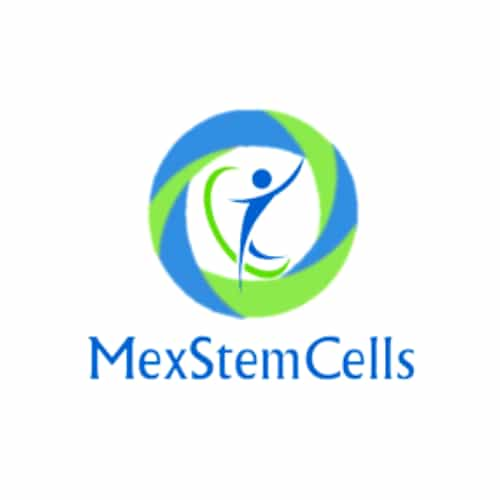

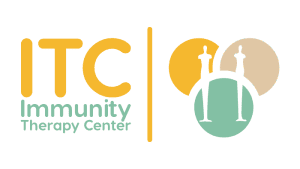
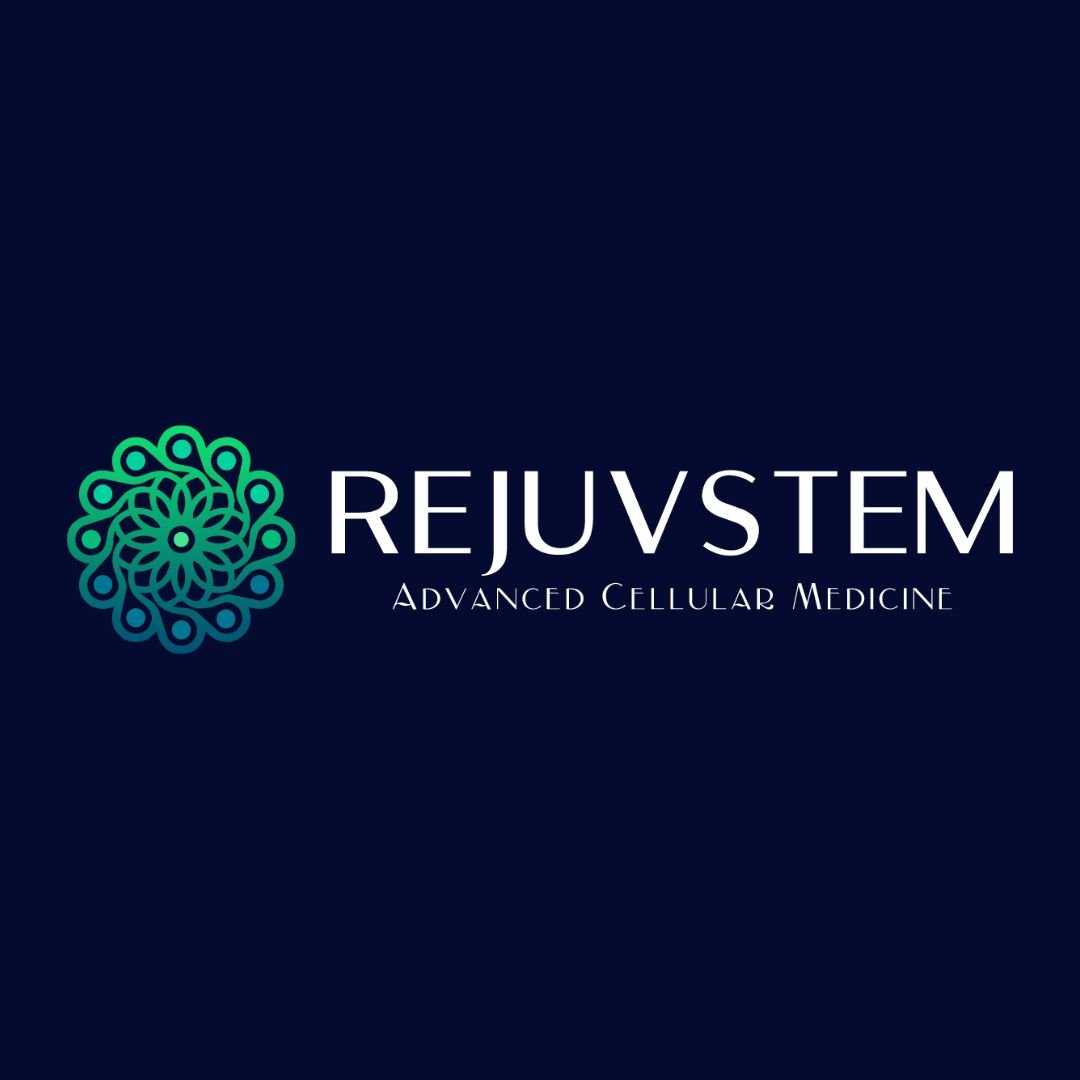
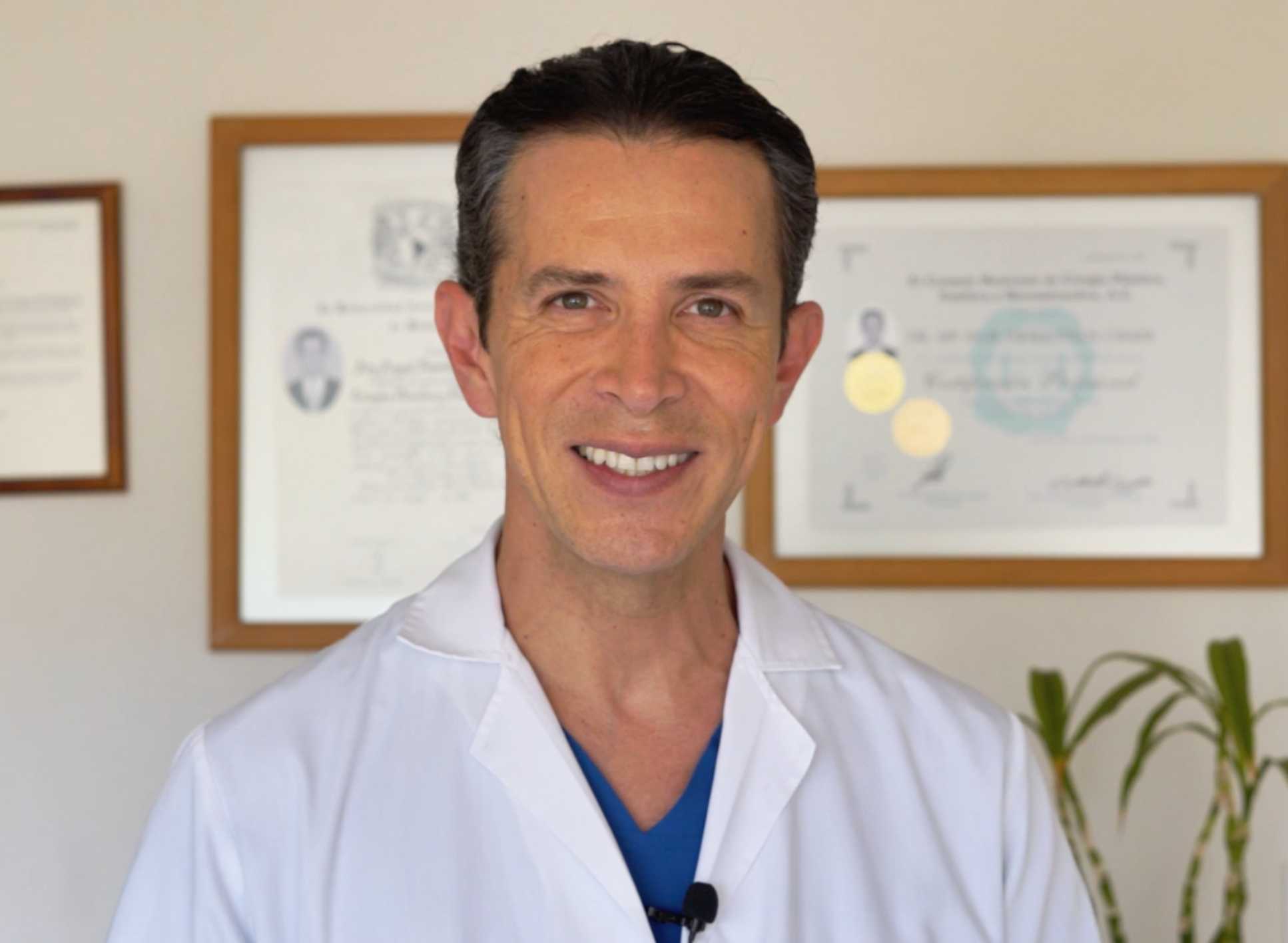

Share this listing